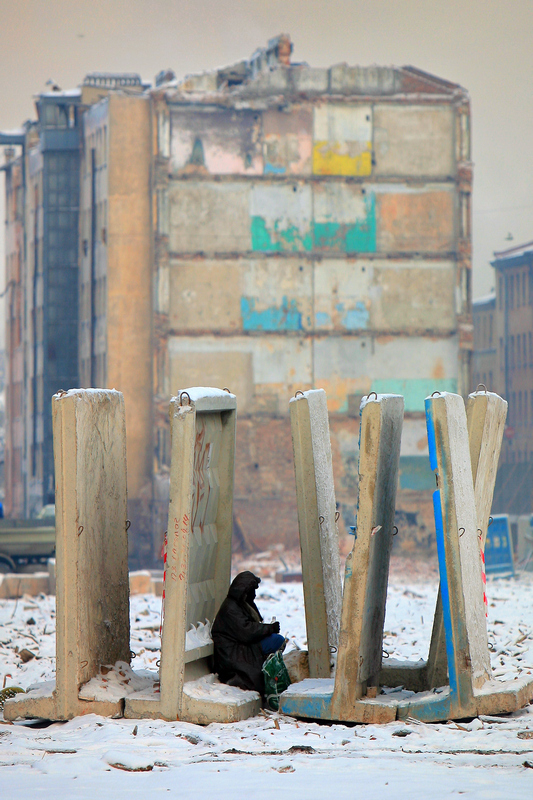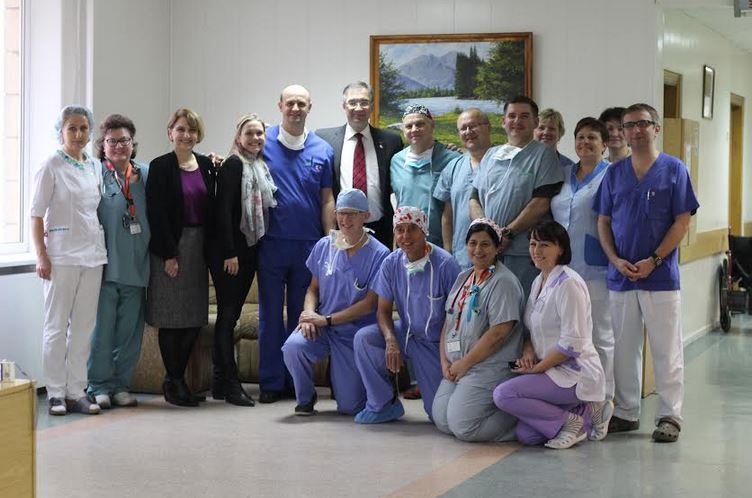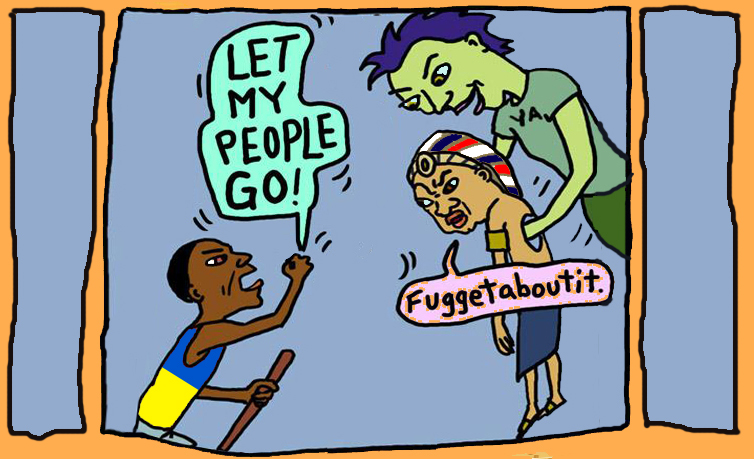“For the first time in the 21st century, the [Russian] regime is seeking to accustom its citizens to the thought that a worsening of living conditions is not the result of ‘temporary difficulties’ but rather a [new] norm of life,” according to Rosbalt commentator Sergey Shelin.
Although official statistics are anything but trustworthy, he continues, and although the government deploys them selectively in order to make itself look as good as possible, the following pattern is obvious: production is rising slightly but because of regime policies, ordinary Russians are paying for that by taking a serious hit in their standard of living.
It is increasingly obvious to who is paying for Russia’s current economic difficulties, “the exhaustion of oil dollars, the upsurge in military and security spending, sanctions and counter-sanctions.” And “it is no less obvious who will be financing the two or three percent growth in the economy” the Kremlin likes to talk about it.
It will be financed by the Russian people, who thanks to all this and to the regime’s failures, are having to pay higher prices for communal services, not getting inflation adjustments in their pensions, and thus giving without the regime acknowledging it a forced “loan” by the people to the regime.
Worse, Shelin says, with each passing month, “the ordinary individual must pay more but will receive the same or less” because “even if there is some growth in the economy,” little of it will be distributed to him.
“For the Russian 21st century, this logic is completely new,” the commentator continues. “From the end of the 1990s to the beginning of the 2010s, the level of consumption in Russia rose (according to official calculations) more than two and a half times.” Even if one allows that some of this is exaggerated, this “jump” was the greatest over more than the last century.
“Without this, one cannot possibly understand the Putin regime” and the support it has received up to now, Shelin argues.
“For three decades, ordinary people had suffered first stagnation and then growing poverty. And here finally was a miracle.” But that is now in the past, and the people are going to pay for what the regime has done and is doing.
Given Moscow’s failure to create “free and competitive capitalism,” there is no possibility of “major private investment.” Who else can make the needed investments? The state, and where will it get the money? “From its subjects,” who will also be forced to be satisfied with domestic goods of far lower quality than imported ones.
“Is growth possible in such a feudalized economy?” Shelin asks rhetorically and says that yes, “modest growth is possible.” But it will be so modest that the population will get little or nothing or even less than now once “the siloviki, the lobbyists, and the bureaucrats” take their whack out of what comes in.
Russians increasingly understand this, despite their well-earned reputation for putting up with whatever those in power do, the commentator argues. Among the signs of change on the part of the people are strikes, admittedly not too successful but enough to make the regime fearful and willing to make what concessions it feels it can and must.
Demonstrations and protests are no longer just events in the capitals but “in hundreds of other cities” where people are prepared to assemble “again and again,” despite the efforts of the powers that be to intimidate them and keep Russians from taking part lest they lose their jobs or land in jail.
And repression, always the default setting for the current regime, is increasingly ineffective because it is increasingly transparent to the people what is going on; and they are angry: “Even in their parallel reality, the bosses recognize that the anger of ordinary people is growing literally from month to month.
This new reality from below is forcing the regime to change course and to try to accustom its subjects “to see the growing poverty they are living in with normal.” That attempt, Shelin says, should be “sent to the museum of administrative utopias” because like all similar projects it is doomed to fail sooner or later.
Related:
- Russian regions in deep trouble: in most, only one household in five has money for more than food
- Putin to the Russian Far East: ‘Why do you need cars? You don’t have roads.’
- 10-dollar Putin icons and other neglected Russian stories
- Russia’s long-haul truckers add a political dimension to strike against Plato system
- Russia assassinated at least 13 Chechens abroad before victim returned fire in Kyiv







